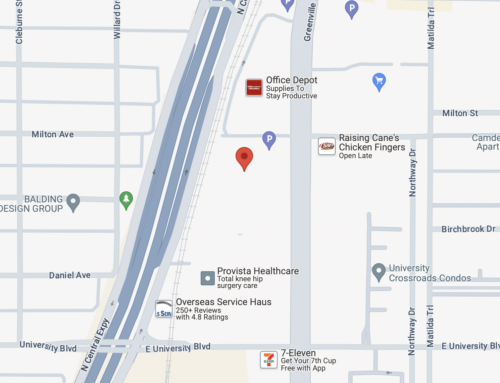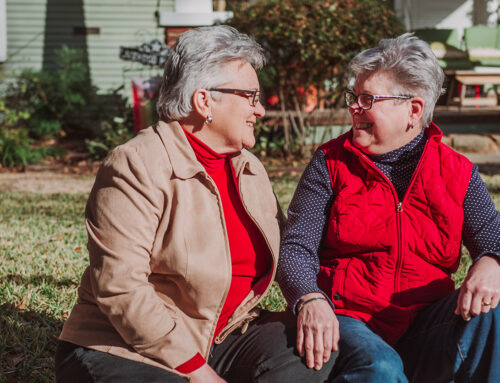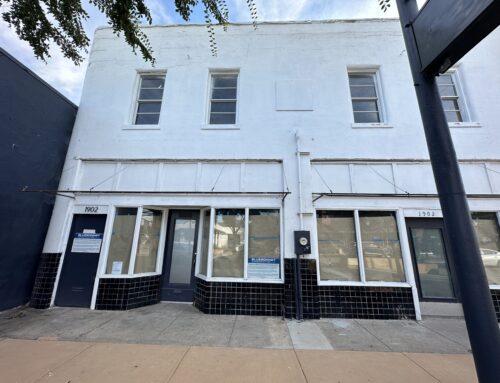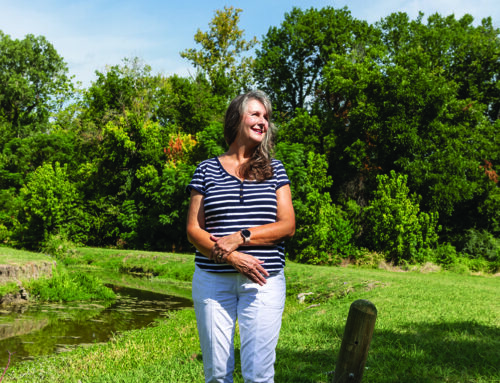Doctor home visits are gone.
But thanks to Parkland Hospital’s Community Oriented Primary Care Program, some of the students of J.L. Long Middle School and Woodrow Wilson High School are receiving the next best thing – medical care in their schools.
A multi-service clinic opened in October on Long’s campus for both schools’ students as part of the Community Oriented Primary Care Program. The clinic is staffed with a nurse practitioner, a medical assistant and a social worker, who provide holistic/preventative medical care to the students.
Appointments are scheduled through the schools’ nurses. Students can receive emergency medical care, routine physicals, nutrition counseling, family planning, immunizations, health education and prescriptions.
Fees for the services are nominal, ranging from $3 for immunizations to $5 for medical visits. Counseling in the clinic is free, and parents must sign a waiver before students can receive services.
“The basis was that health care needs to be available for adolescents in this town,” says Dale McEowen, the clinic’s social worker. “We’re teaching them behavior they need to be healthy adults.”
In addition to the four days at the school, the medical team operates a one-day adolescent clinic at Lemmon Avenue Bridge, a neighborhood social service agency.
Many neighborhood adolescents and their families have a difficult time finding affordable medical care, says Rick Franco, a Woodrow parent who helped open the clinic.
Many families and students lack transportation to and money for quality care, he says.
“A lot of people in that area, when they’re given a good deal at a good price, aren’t going to question it,” Franco says.
“They are behind anything that is for the welfare of the students. The kids are the number one priority.”
Students can receive primary care from the clinic’s nurse practitioner, Chris Cahill. If they need more care than the clinic can provide, Cahill refers them to a doctor at Parkland.
The clinic is funded by a state grant, which is renewable every year. But McEowen says they are planning to be there for the long haul.
“We’re trying to keep adolescents healthy,” McEowen says. “One of our biggest goals is to reduce risky behavior.”
When the clinic opened, it was planned to be a one-day-a-week setup and was located in Woodrow. But soon, there was such a demand for the clinic’s services, it was opened four days.
Due to lack of space at Woodrow, the clinic was moved temporarily to Long, where the three-member staff shares a small room on the school’s second floor with the janitors. Next door, another room was converted to an examining room for Cahill.
DISD recently approved a trailer for the clinic to be located in the parking lot between the two schools. The trailer will provide more room and privacy for the students and staff, McEowen says.
Eventually, he says they hope to serve not only the students, but their families.
“We hope it will be valued by the community because it will keep their kids, and hopefully, the whole family healthy,” McEowen says.





